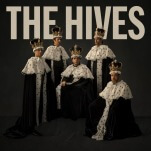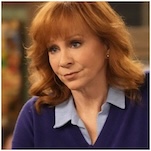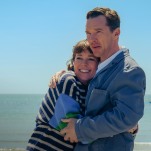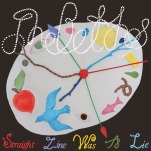Elles
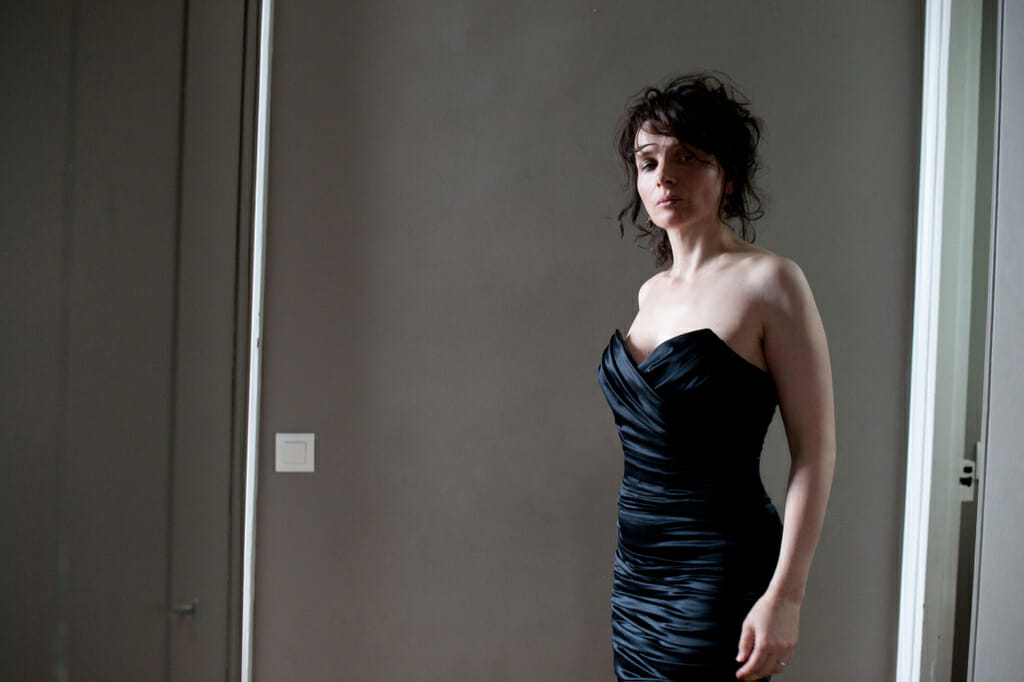
In spite of an original storyline and the amazing talent of Juliette Binoche, Elles fails to deliver on a perceived promise to deconstruct, re-define, or re-imagine notions of female sexuality. Instead, Malgorzata Szumowska’s fourth feature film spends a good deal of time earning its NC-17 rating, beginning with an opening close-up sure to make most audience members squirm. Though, granted, the nude body in all its glory and sexual fury may be perfectly acceptable in a film about student prostitutes, it is the hand of the director—the appendage that appears most excessively—that makes the film vulgar. In attempting to proclaim her radical feminist (or anti-feminist) ideas, Szumowska only succeeds in creating a weak film, abundant in themes, but disappointing in execution.
Anne (Binoche), a well-to-do journalist for Elles magazine, is writing a story on girls in Paris who put themselves through school working as prostitutes. The two young women, Charlotte and Alicja (played by newcomers, Anaïs Demoustier and Joanna Kulig) share a similar story, but ultimately their individual narratives are unique, which makes the arc of the film a bit more compelling. Their most significant commonality is an impoverished upbringing, although Parisian poverty and public housing looks far less desolate than the American version.
-

-

-

-

-

-

-

-

-

-

-

-

-

-

-

-

-

-

-

-

-

-

-

-

-

-

-

-

-

-

-

-

-

-

-

-

-

-

-

-




























